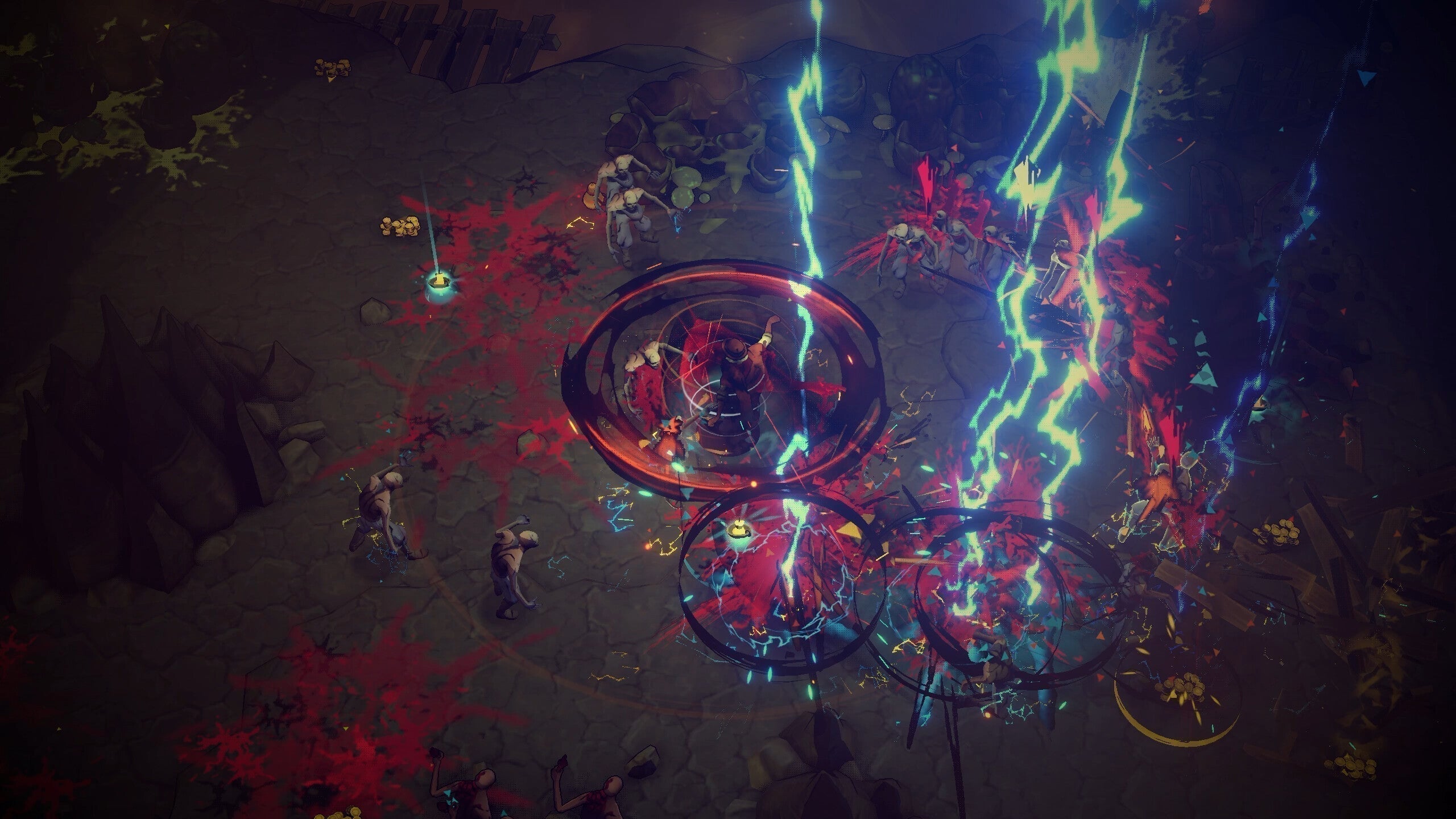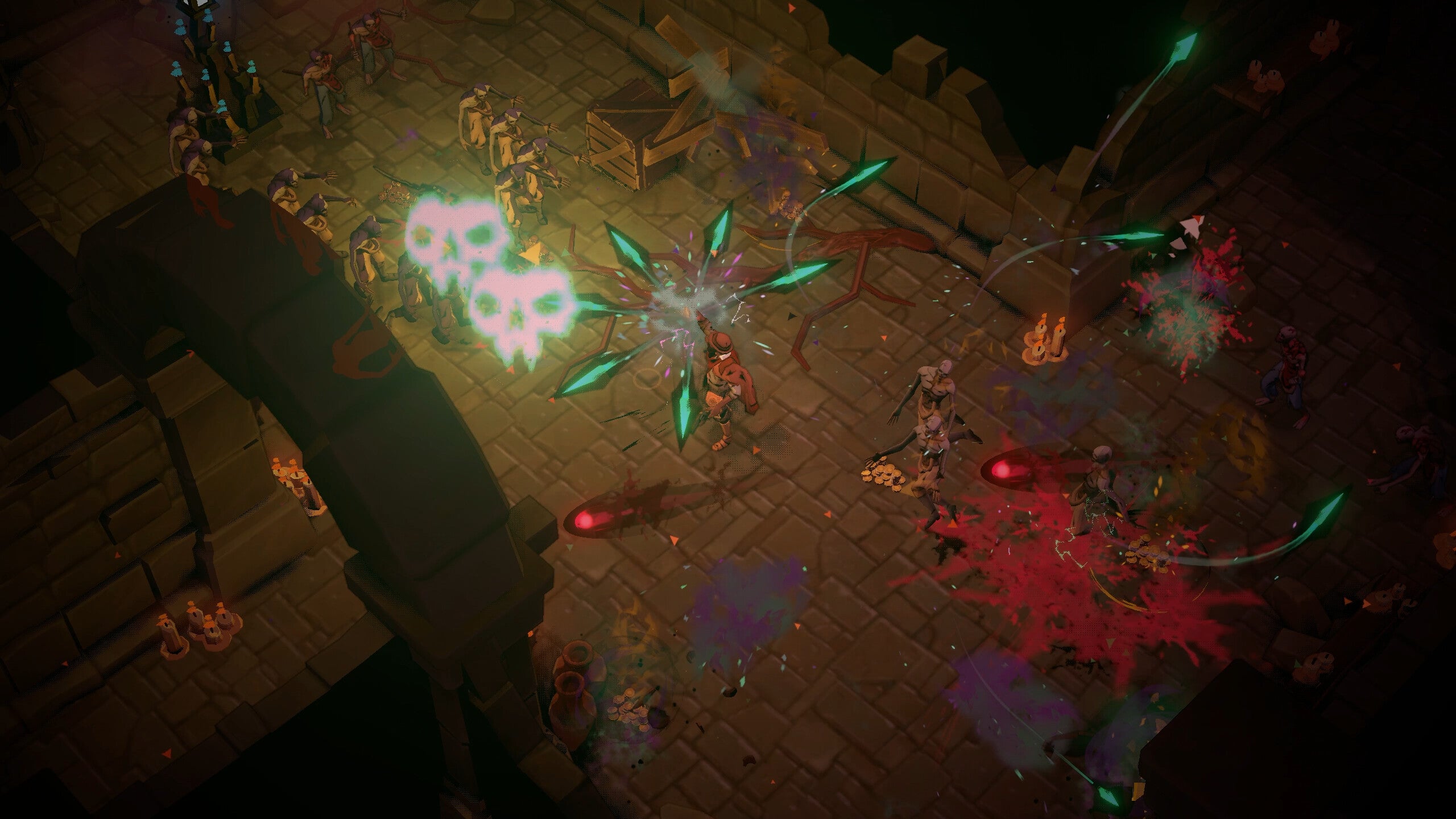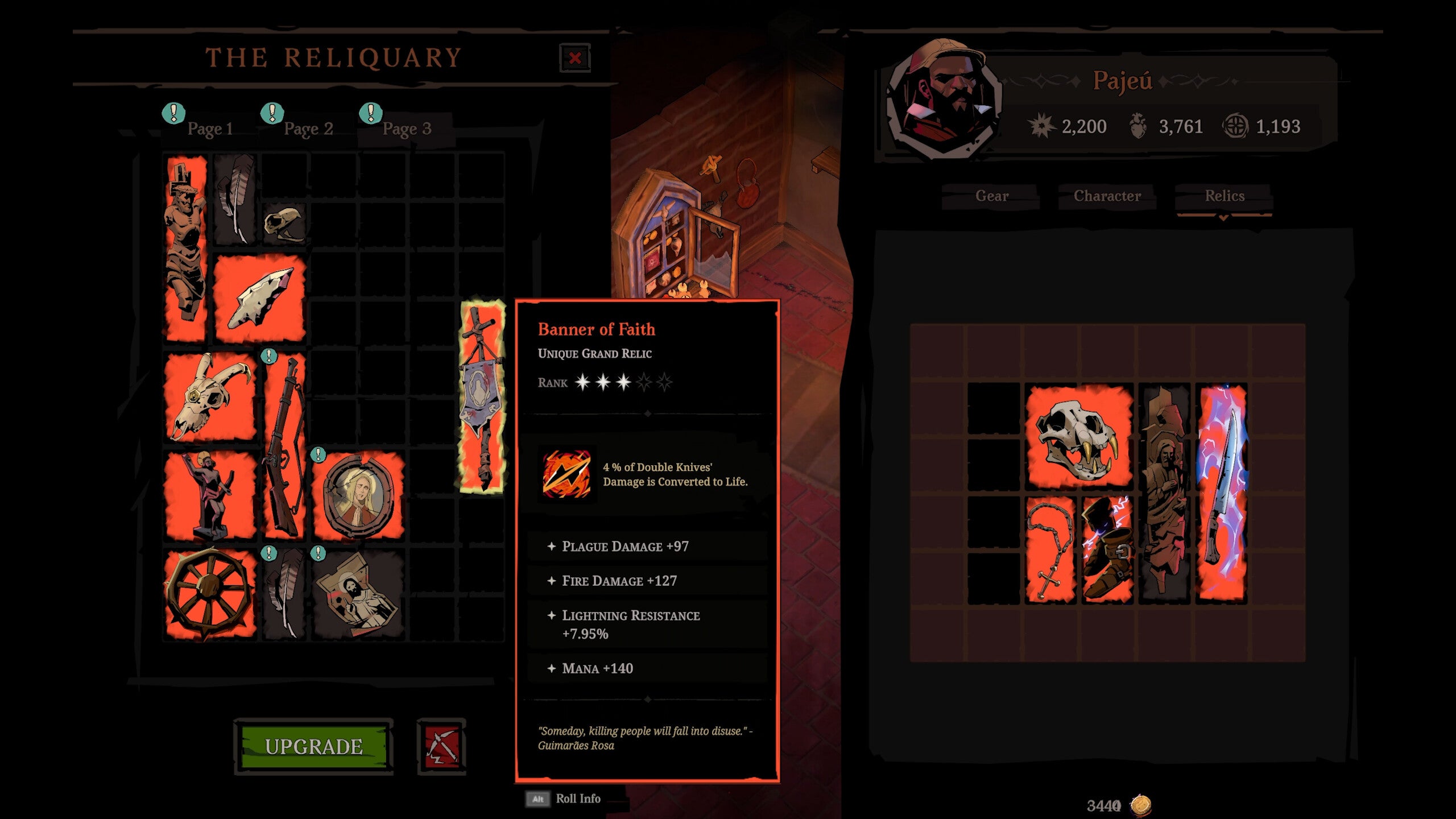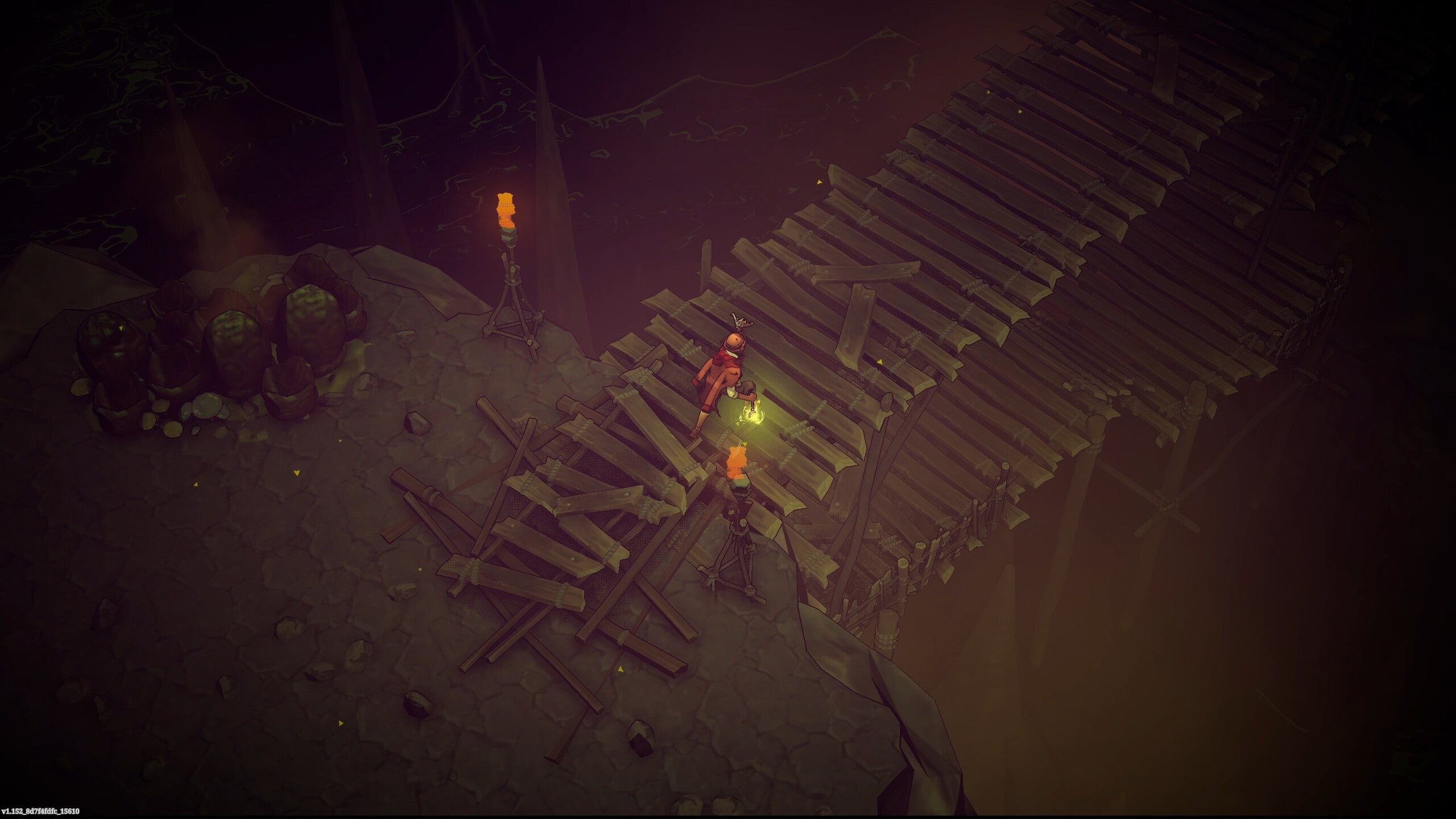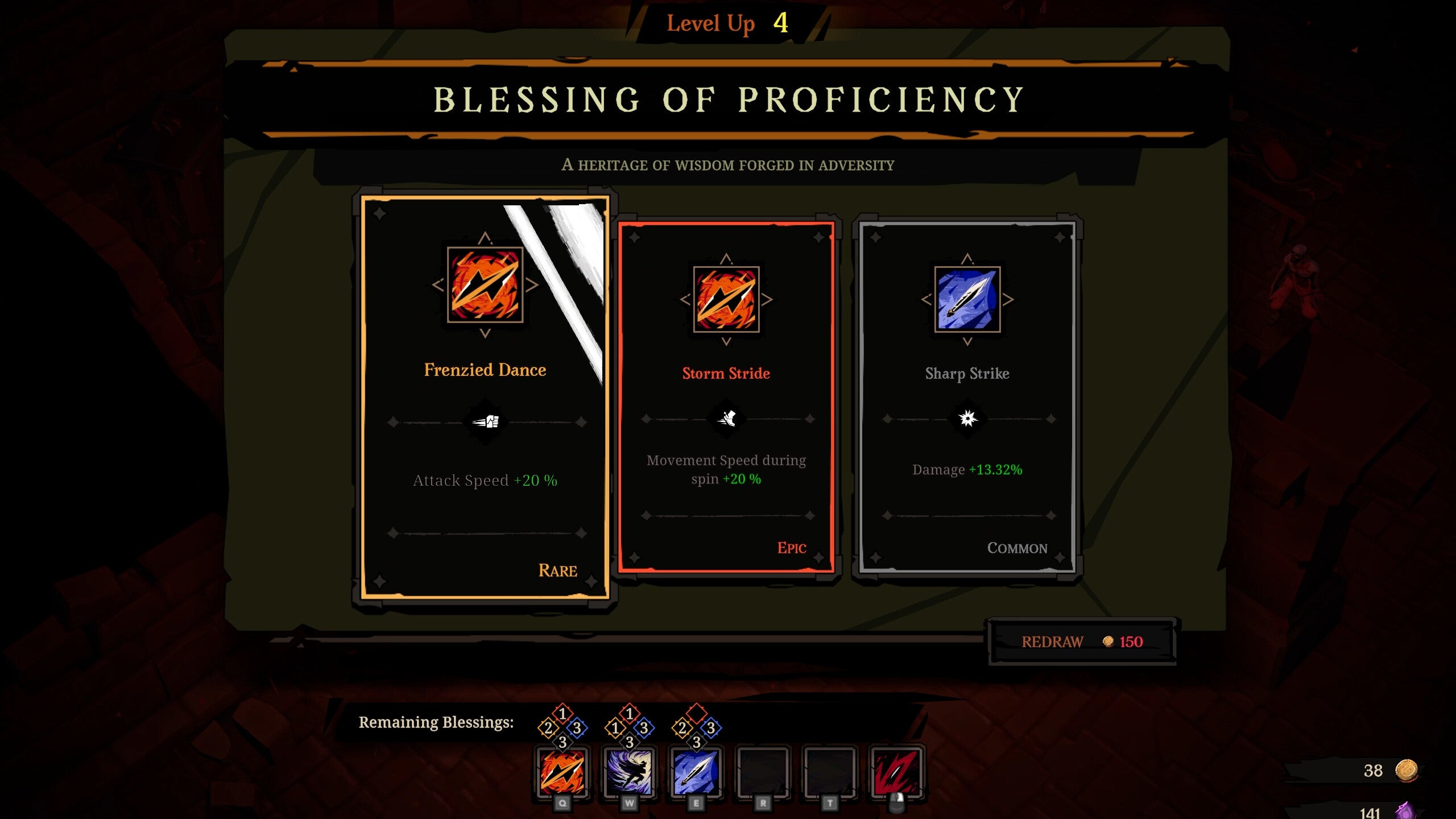Hell Clock Review
With so many genres and styles of games covering broad and niche interests, it can often be simple to describe an experience as being like this or that, or a combination of two or three genre-defining titles. In the roguelike space, which in and of itself features a broad range of styles, Hades is often pointed to as the gold standard for deep skill-based gameplay, incremental progression, and build-defining randomisation wrapped up in a polished, narrative-rich experience.
It’s so good that once you’ve “beaten the boss,” you’ve only scratched the surface of its depth and detail.
In the action-RPG space, Blizzard’s Diablo franchise needs no introduction. With simple mechanics, itemisation, skill trees, and more, the focus is less on skill-based challenges but instead on theory-crafting your way to becoming so powerful that you can essentially melt enemies and bosses in seconds.
Hell Clock
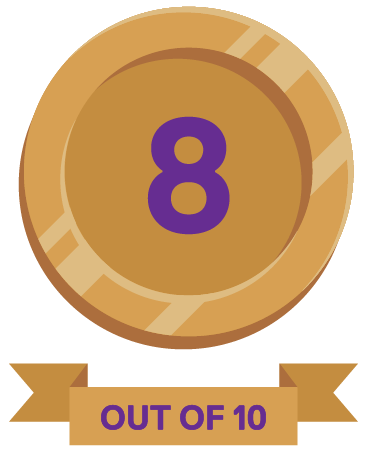
What’s Boss?
Not Boss Enough?
About the Author


